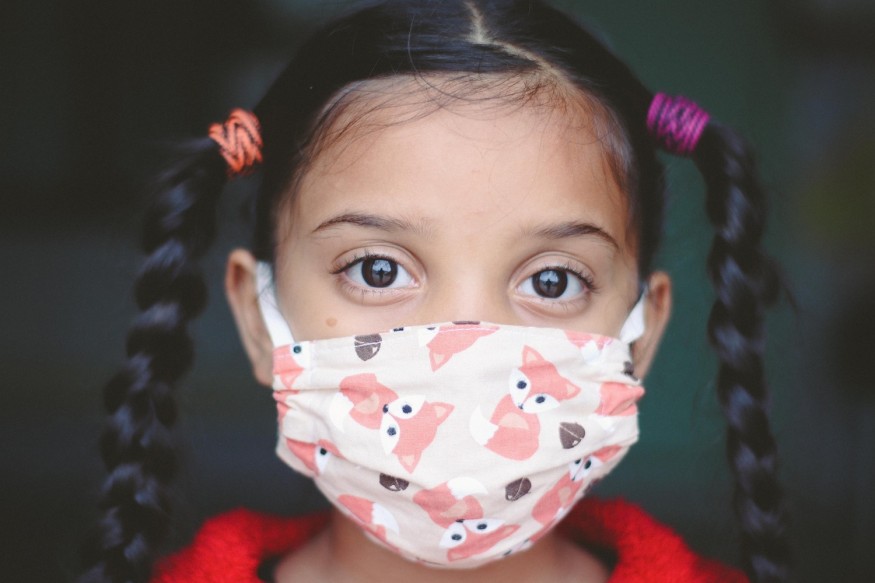The improved bivalent COVID-19 booster for younger kids was approved by the US Food and Drug Administration. Children 5 and older may use the Pfizer booster while those 6 and older may use the Moderna booster.

Pfizer, Moderna Booster Eligibility on Kids
After the FDA made its statement, the Centers for Disease Control and Prevention approved the decision memo, and director Dr. Rochelle Walensky gave her approval. Her signature was the last requirement before the younger age group could begin receiving boosters.
Children can have the booster at least two months after finishing their primary series or after getting a separate booster dose, according to the FDA.
The Pfizer booster and the Moderna booster were only accessible to adults aged 12 and older when the new boosters were first approved in September.
According to NPR, White House COVID-19 coordinator Dr. Ashish Jha, only those who have had their initial vaccinations with either of the original-formula versions are eligible for an updated booster. This means that almost three-fourths of Americans aged 12 and over are qualified.
In children under the age of six, the Moderna COVID-19 Vaccine (Bivalent) is approved for injection at least two months after the completion of the initial or booster vaccine. The Pfizer-BioNTech COVID-19 Vaccine ((Bivalent)) is approved for use in children under the age of five at least two months after the completion of the first or booster vaccination.
Pfizer and Moderna Booster Effectiveness
The bivalent COVID-19 vaccines contain an original strain's mRNA component to stimulate an immune response that is broadly COVID-19-protective. In order to offer a stronger defense against COVID-19, it also shares an mRNA component with the BA.4 and BA.5 lineages of the omicron variety. The particular genetic information known as mRNA found in these vaccines instructs cells to produce the distinctive spike protein of the original virus strain and the omicron variant lineages BA.4 and BA.5, which are identical.
COVID-19 Vaccine May Help in Protecting Children as They Return to School
As people resume their pre-pandemic routines and activities and children have returned to school in person, there may be an increased risk of exposure to the virus that causes COVID-19, according to Dr. Peter Marks, director of the FDA's Center for Biologics Evaluation and Research. The best way to avoid the serious effects of COVID-19, including hospitalization and death, is still vaccination.
According to ABC News, Marks said that it has often been the case that COVID-19 is less severe in children than it is in adults. It is because of the different COVID-19 waves that have occurred, more kids have become ill and have been admitted to hospitals. Even after an initially minor sickness, children may still endure long-term repercussions.
Updated Bivalent Booster
More than 216 million Americans are now able to obtain the bivalent booster according to the FDA's new authorization.
The FDA stated in its announcement that it based its decision on data demonstrating the adult safety and efficacy of the original bivalent boosters, which targeted the original variety from Wuhan and the original omicron variant BA.1.
The agency views this data as pertinent and in favor of vaccinations having a BA.4 or BA.5 lineage component of the omicron variant. Data from the CDC shows 11.5 million Americans have received boosters since they were rolled out.
RELATED ARTICLE: COVID-19 Vaccine for Children: White House Announces Rollout of Pfizer Jab Developed for 5-11-Year-Olds Once Approved by FDA, CDC
Check out more news and information on Medicine and Health in Science Times.












